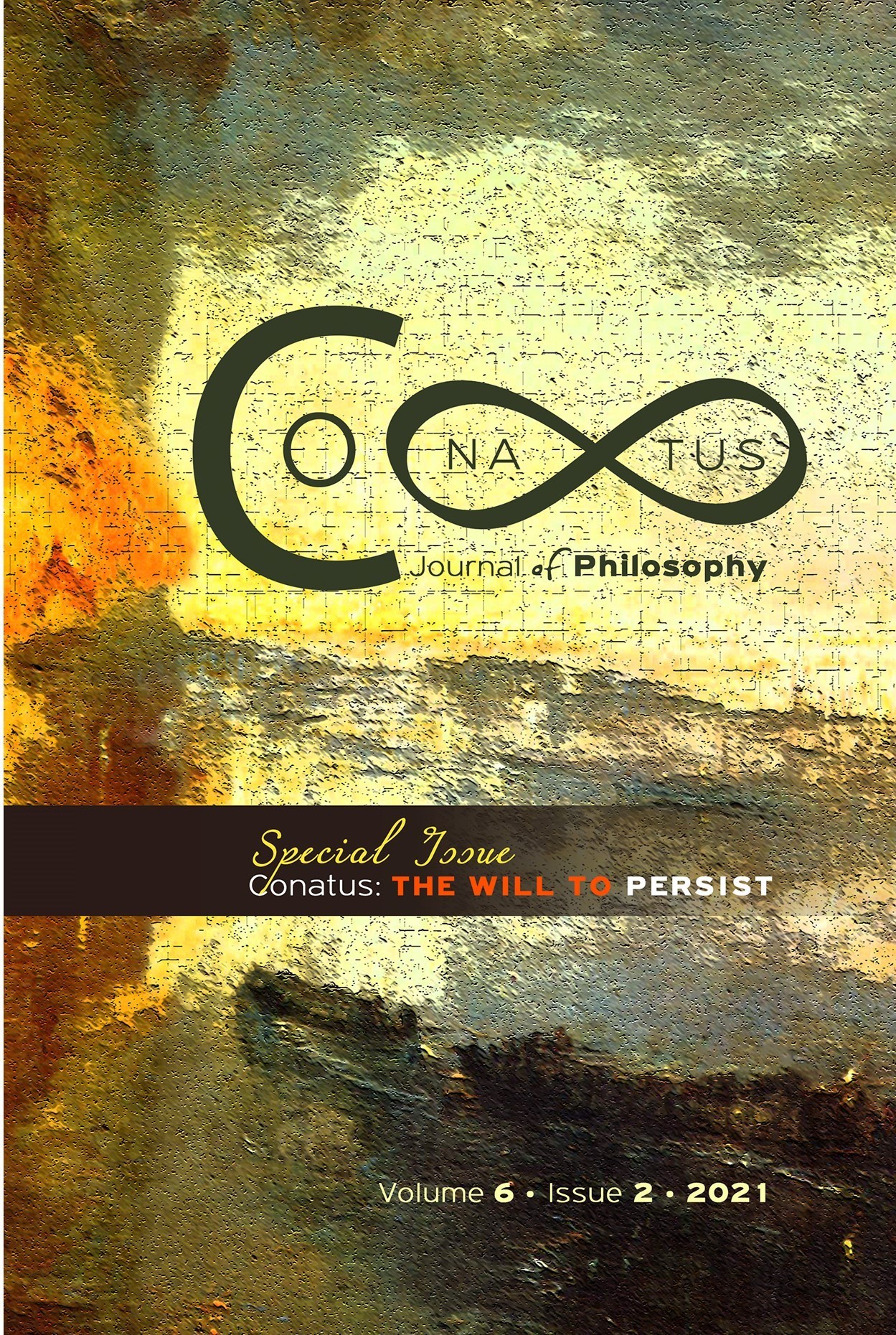Spinoza’s Conatus: A Teleological Reading of Its Ethical Dimension

Abstract
In this article I examine how a teleological (or purposive) reading of Spinoza’s conatus shapes the ethical framework of his philosophy. I first introduce Spinoza’s criticism of teleology and argue contra many critics that Spinoza has a mild approach to human teleology. On the basis of this idea, I develop the claim that the human conatus includes purposive elements such that it is envisioned as a purposive being that is oriented towards the adequate knowledge of Nature or God, the conceptions of wisdom, love and joy and the notion of an ideal human nature. From the teleological reading of human conatus, I draw the conclusion that Spinoza’s ethics is inclusive of objective, humanistic, and essentialist elements in the sense that it situates human agents as directed towards ethical ends to be pursued through their conative activity. In this sense, throughout this paper, I take issue with the anti-teleological reading of conatus that is predominantly related to the subjectivistic, anti-humanistic, and non-essentialist interpretation of Spinoza’s ethics. In doing so, I argue that Spinoza’s ethics is not entirely free from objective, humanistic and essentialist elements, by putting a particular emphasis on the distinguishing character of the purposive essence of his human conatus.
Article Details
- How to Cite
-
Aksoy, N. (2021). Spinoza’s Conatus: A Teleological Reading of Its Ethical Dimension. Conatus - Journal of Philosophy, 6(2), 107–130. https://doi.org/10.12681/cjp.25661
- Section
- Articles

This work is licensed under a Creative Commons Attribution-NonCommercial 4.0 International License.
Authors who publish with this journal agree to the following terms:
Authors retain copyright and grant the journal right of first publication with the work simultaneously licensed under a Creative Commons Attribution Non-Commercial International License (CC BY-NC 4.0) that allows others to share the work with an acknowledgement of the work's authorship and initial publication in this journal.
Authors are able to enter into separate, additional contractual arrangements for the non-exclusive distribution of the journal's published version of the work (e.g. post it to an institutional repository or publish it in a book), with an acknowledgement of its initial publication in this journal.
Authors are permitted and encouraged to post their work online (preferably in institutional repositories or on their website) prior to and during the submission process, as it can lead to productive exchanges, as well as earlier and greater citation of published work.





